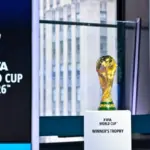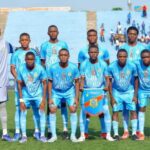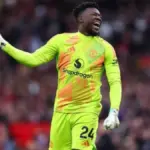Right to Dream Academy scores landmark legal victory over FIFA at CAS

Ghana’s Right to Dream Academy has won a precedent-setting case at the Court of Arbitration for Sport (CAS) that could reshape how FIFA distributes solidarity payments for African footballers, following the record transfer of Ernest Nuamah from FC Nordsjaelland to French side Lyon, Africasoccer.com can exclusively report.
In a ruling seen by AfricaSoccer.com, sport’s highest court overturned a February 2024 FIFA decision that had channelled the bulk of Nuamah’s development compensation to an unconnected grassroots club, Stadium Youth Club, rather than to Right to Dream, where the winger was actually nurtured between the ages of 10 and 18.
CAS has now instructed football’s world governing body to revisit the file, recognising Right to Dream as Nuamah’s principal training centre and ordering a recalculation of the sums owed.
€284,000 — and more to come
When Nuamah left the Danish Superliga for Belgian side RWD Molenbeek in August 2023—before an immediate loan and obligatory purchase by Lyon—the €25 million deal became the most expensive outbound transfer in Danish football history.
Under FIFA statutes, five per cent of every international move is set aside for the player’s formative clubs.
CAS determined that Right to Dream’s share from the first leg of the transfer alone should be €283,919, with further payments due once Lyon’s permanent option is triggered this year.
That figure had originally been earmarked for Stadium Youth Club, which only coached Nuamah until he was eight years old and, according to documents examined by the court, ceased to operate several years ago.
The error stemmed from historic registration data held by the Ghana Football Association.
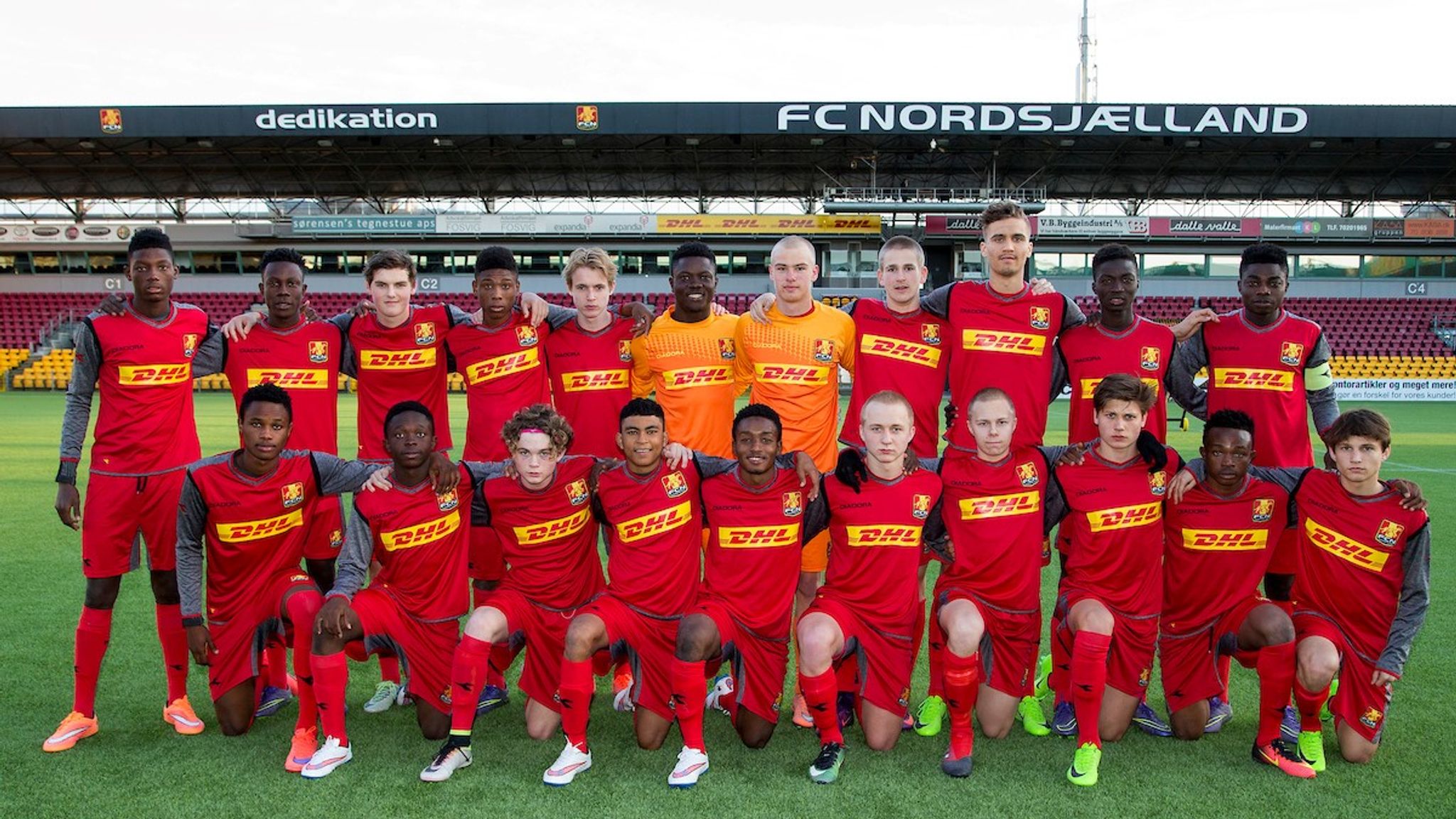
FIFA rarely beaten in Lausanne
Legal observers note that FIFA seldom loses at CAS, making this judgment significant for academies across Africa who often rely on solidarity fees to fund youth development.
Right to Dream was represented by Danish sports lawyer Jes Christian Fisker, while FIFA denied wrongdoing throughout the proceedings.
The CAS panel annulled the governing body’s earlier stance and criticised the “inaccurate and outdated” player history on file, instructing Zurich officials to “take into account the evidence produced” during the appeal.
It also emphasised that Right to Dream had already paid nine million Ghanaian cedi (about €700,000) in resale fees to Nuamah’s first organised side, Real Soccer Angels FC, covering the period from his eighth to tenth birthdays.
Controversial transfer pathway
Nuamah’s 2023 move attracted scrutiny beyond the solidarity dispute. FC Nordsjaelland—owned by Right to Dream—sold the Ghana international to Belgian top-flight outfit Molenbeek, another club controlled by Lyon majority shareholder John Textor.
Although Danish officials queried whether the transaction constituted an ‘unusual transfer’, they accepted written assurances from the Belgian and French federations that the arrangement complied with regulations.
Nuamah, now 21, has since become a regular for Ghana and has been linked with English Premier League clubs.
He follows a production line that has already yielded national-team stars Mohammed Kudus, Kamaldeen Sulemana and Simon Adingra—all graduates of Right to Dream’s residential academy in Akosombo.
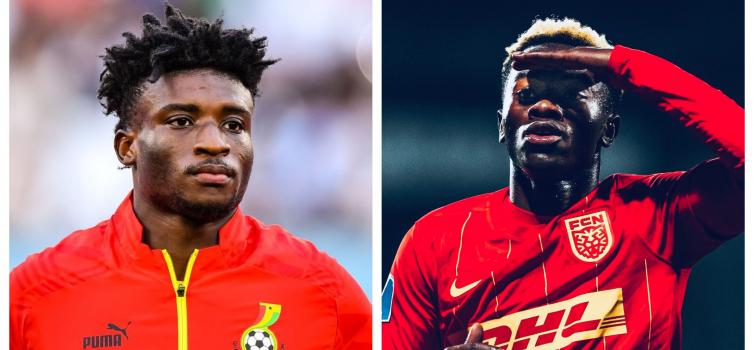
Implications for African academies
By forcing FIFA to correct its records and redistribute the funds, CAS has underlined the importance of accurate player histories—an area that many African clubs say remains poorly policed.
Development centres on the continent often struggle to trace graduates once they leave for Europe, allowing intermediary teams or defunct institutions to benefit unfairly from solidarity clauses.
Right to Dream’s victory could therefore embolden other academies to challenge FIFA data when discrepancies arise.
The decision is also financially significant: if Lyon conclude their permanent €25 million purchase this summer, the Ghanaian outfit stands to receive an additional windfall under the recalculated scheme.
With CAS remitting the case to FIFA “for immediate reassessment”, the onus is now on football’s governing body to apply the corrected timeline—and, in doing so, set a clearer precedent for future transfers involving African talent.


